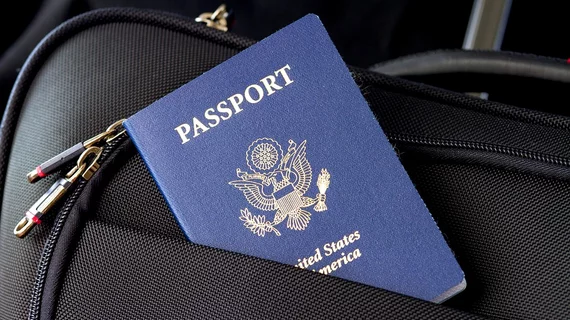Immigrant with heart failure, CAD deported without adequate access to healthcare
An undocumented immigrant living in Brooklyn, New York, was deported to his home country last Wednesday after ICE officials ignored attorneys’ requests to keep him in the U.S. for much-needed medical treatment, WNYC reported.
Now, less than a week after Andrew Yearwood, 53, boarded a plane headed for his home country of St. Vincent and the Grenadines in the Caribbean, his lawyers are vying to get him back to New York to treat cases of coronary artery disease and congestive heart failure stemming from a 2008 heart attack.
Yearwood, who’s been in the United States for 28 years and has fathered six U.S. citizens, told WNYC he was likely flagged by ICE because he’d previously overstayed a visa and been convicted for marijuana possession back in 1999. He was detained at Bergen County Jail, where his CVD reportedly worsened after the jail’s resident physician refused his and his attorneys’ requests for appointments with CV specialists.
Days before he was set to meet with a cardiologist, Yearwood was woken and taken to John F. Kennedy International Airport.
“We scrambled to make clear that his life was being threatened by being put on a plane,” Gregory Copeland, one of Yearwood’s lawyers, told WNYC. Copeland said Yearwood’s early deportation, which was initially slated for July 26, was probably the direct result of his legal team getting involved in the case.
“We’ve been seeing these retaliatory removals in response to our advocacy in the federal courts in the last month,” he said.
Yearwood’s attorneys also claim he wasn’t provided enough medication for the trip—something ICE officials deny. Assistant U.S. Attorney Michael Byars said Yearwood had enough medication to last him six days, despite the fact that there isn’t a single cardiologist working on the patient’s native island.
Yearwood became sick on the plane and had to be administered oxygen by flight staff, according to WNYC. He was hospitalized upon landing in the Caribbean.
Read the full story below:

